Now, more than ever, there is a focus on PPE or personal protective equipment. But how does this affect your day-to-day life? What are the tools available that make staying safe easy? Let’s take a look at the importance of when, how, and why to wear protective gear.
PPE Safety Gear
First of all, there are many hazards we may encounter during the course of our day. PPE by design helps to prevent injury and minimize risks. This includes chemicals, biohazards, dirt, airborne particulates, and falling objects. The type of gear you wear should correspond with the associated risks of the task at hand. And knowing what to wear is almost as important as knowing when to wear it.
Also, industries like construction, manufacturing, and medical have specific dangers. And defining what you need to stay safe is key. Common protective gear for the construction industry is hard hats, safety glasses, and work gloves. And most gear workers wear on the job site meet ANSI class safety ratings. ANSI stands for the American National Standards Institute. They determine the specific safety rating for a given item. For instance, workers wear an ANSI Type II hard hat if there is the potential for impact on the side and top of the head. A normal ANSI Type I hard hat only protects against blows to the top of the head.
Reduce Risks
Furthermore, safety glasses and goggles provide protection from a variety of hazards. While economical, low priced safety glasses might not meet ANSI Z87.1 safety ratings. This rating criterion establishes that the eyewear will prevent or minimize eye injuries. And those working in the construction, manufacturing and medical industries wear them. Safety glasses and goggles protect against dust, dirt, and liquid splash. Foam-lined styles and sealed eyewear like goggles prevent chemicals and biohazards from infiltrating.
And beyond specific industries, PPE like safety glasses and disposable gloves have everyday benefits. Safety glasses with impact ratings keep you safe doing things like mowing the lawn or weed-whacking. And household cleaning, chores, and outside yard work requires the use of personal protective gear. Wear cut-resistant and disposable gloves while cooking and food prep. Most disposable gloves comply with federal regulations for food contact. Disposable gloves also help keep pathogens, germs and other biohazards from making contact with your skin.
PPE Standards & Guidelines
Because personal protective equipment is so important, wear only when necessary. Use all safety gear as directed and according to directions. And some are single-use and risk losing their effectiveness to protect if used for too long. This is especially true in the medical, food, and manufacturing industries. And in addition to ANSI standards, workers need to practice OSHA guidelines. These are in place to ensure employees have the necessary tools to keep themselves and others safe while working.
While you work to maintain your personal safety and health, remember those around you. An act of courtesy if you feel sick might include wearing a mask while out in public. Which mask should you wear? What do the different types protect against? These are important questions to ask. And face masks and respirators come in a variety of styles and ratings. Common types are dust masks, P95 particulate, P100, and N95. There are also face shields and full-face respirators. Some styles are reusable, require cartridges, or are single-use disposable.
Stay Responsible
Almost all masks and respirators serve the same purpose. To provide protection and improve the air you breathe. Dust masks are on the lower-tier of protection. They are not a respirator, do not meet NIOSH specifications, and will not provide lung protection. NIOSH stands for the National Institute for Occupational Safety and Health. They are a part of the federal government and create standards that help prevent work-related injuries and illnesses. Basic dust masks help filter out non-toxic nuisance dust, pollen, powders, and airborne irritants.
And beyond basic dust masks, styles like P95 and P100 masks are NIOSH approved. They have particulate filters that are effective against solid and oil particulates aerosols. These masks are from brands like PIP, North Safety, and 3M. The medical and manufacturing industries require a mask that will protect against harmful particulates. And this includes biohazards and pathogens. N95 masks and respirators are NIOSH approved for this. They have features like adjustable straps, exhalation valves for improved comfort, and are suitable for long periods of wear. These masks keep first responders, healthcare workers, and those most vulnerable safe. Use them only when necessary and follow all manufacturer guidelines to achieve the best protection.
Conclusion
In conclusion, PPE enhances your ability to stay safe. Remember when, how, and why to wear it. And this is true on the job site, at home and when interacting with others. Wear personal protective equipment as directed. Reduce risks and practice safety guidelines that make life a little better for us all.

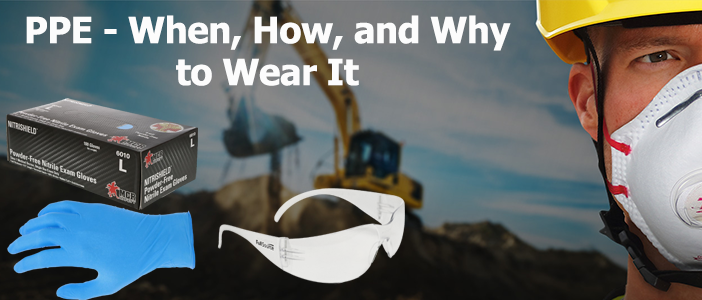
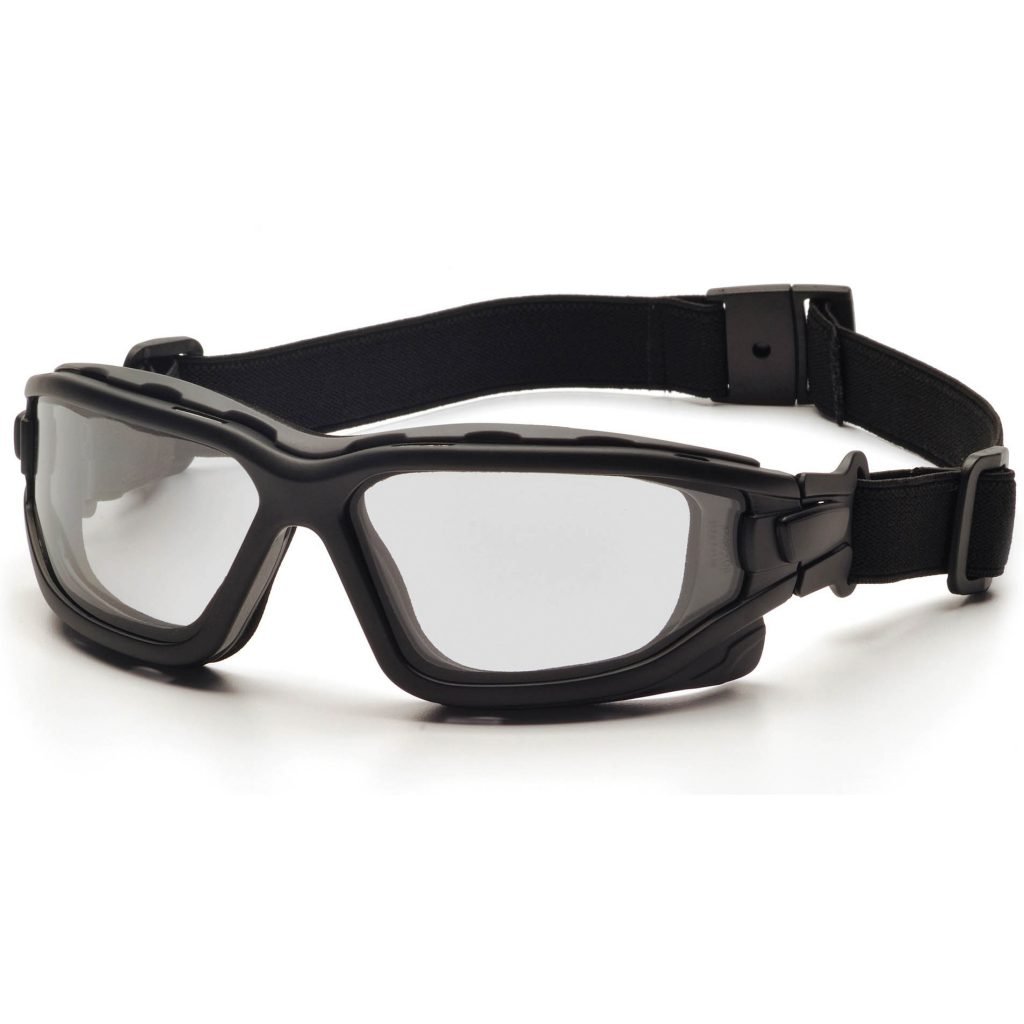


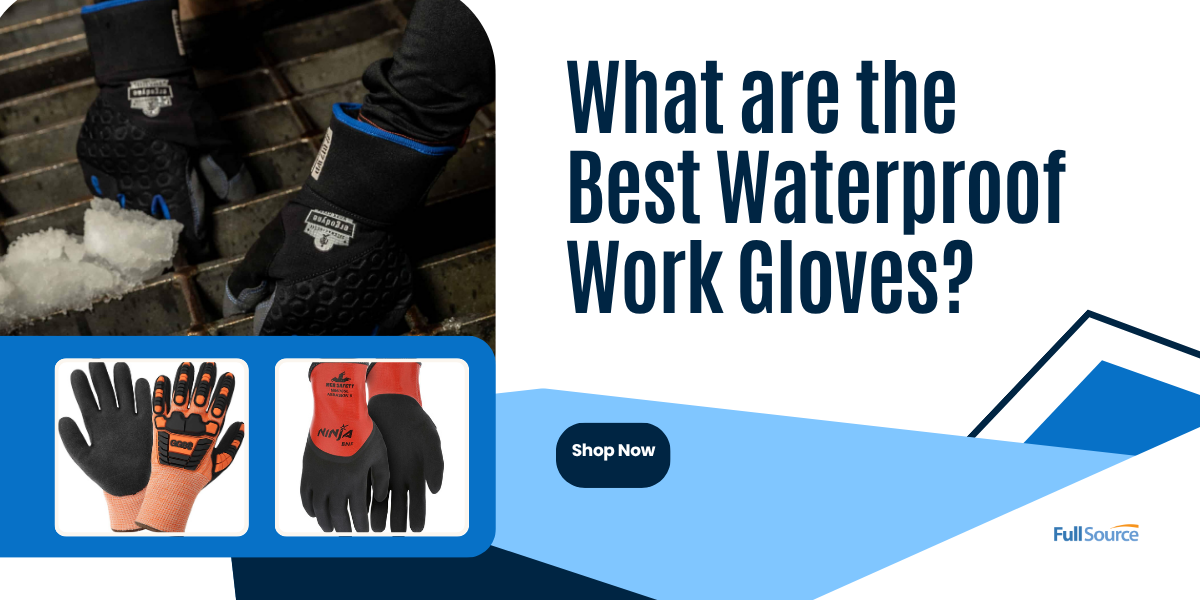
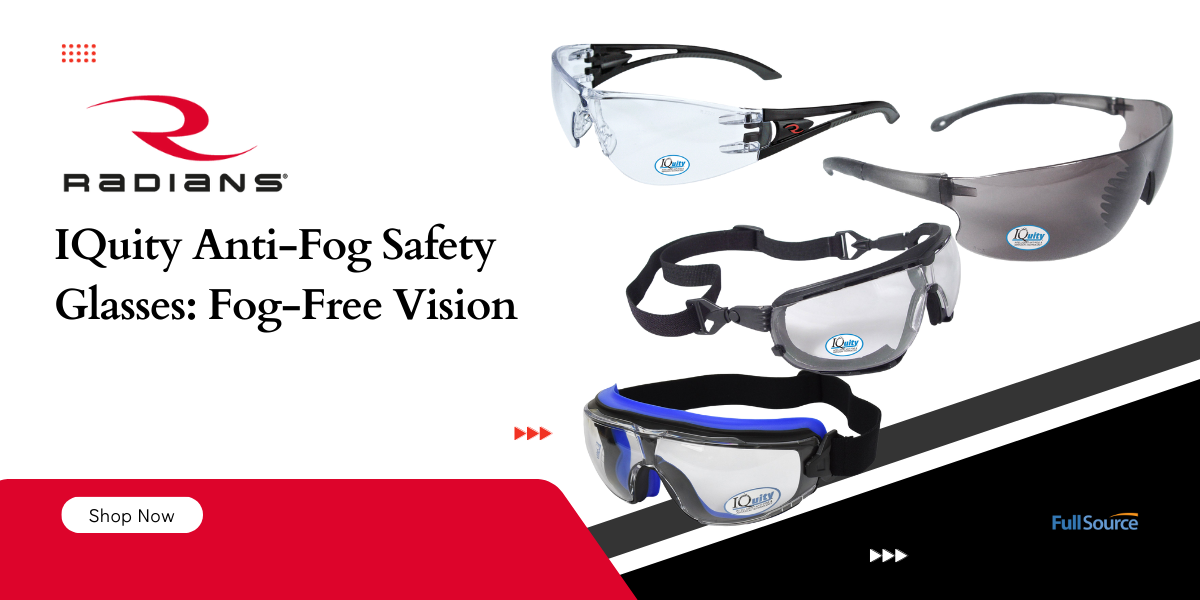
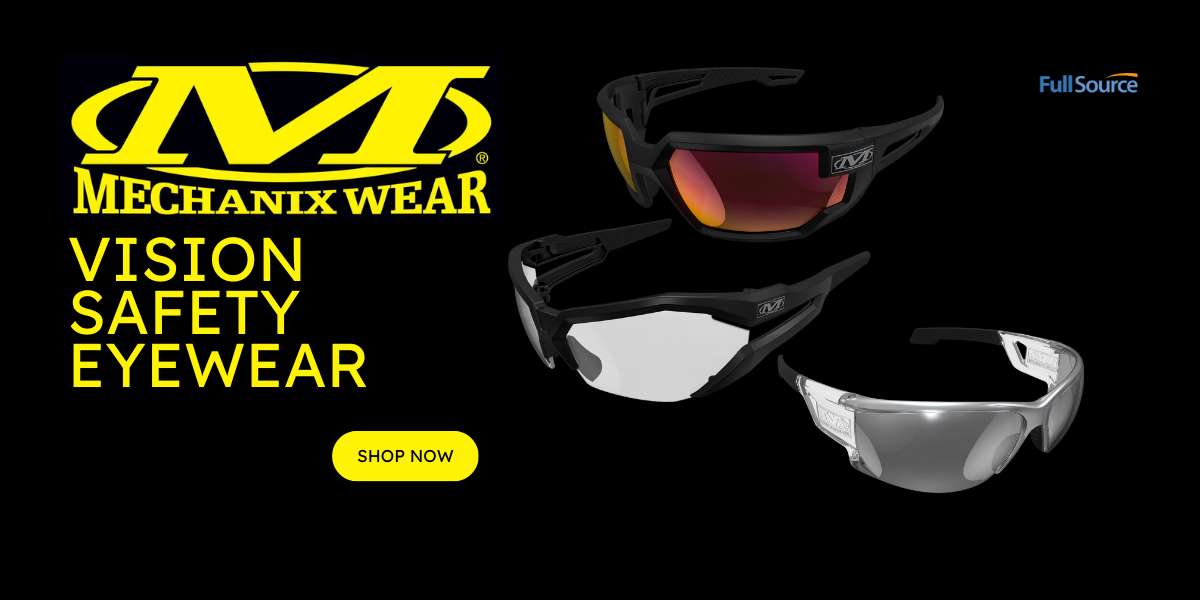
1 Comment
Pingback: Face Shields - Affordable Head and Face Protection | Full Source Blog